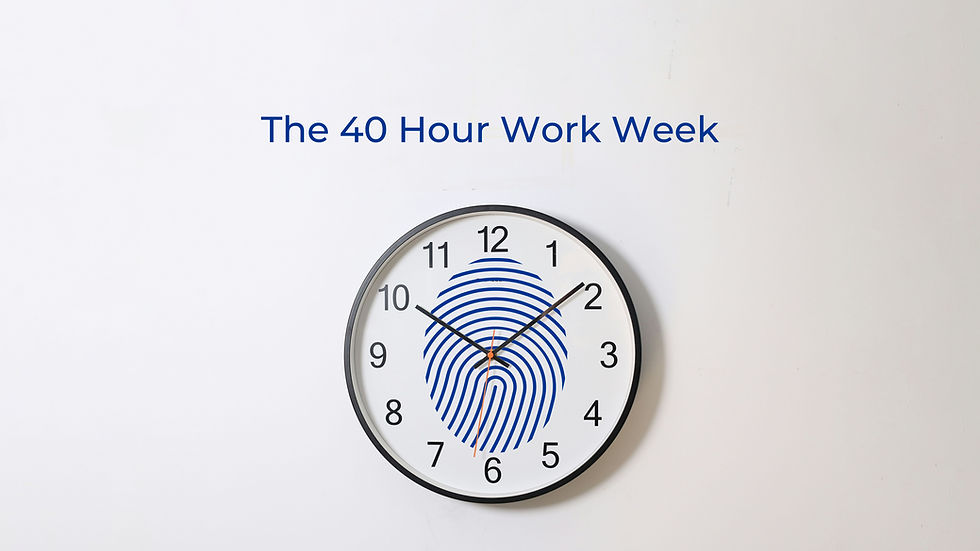Sadness in the Workplace
- The Job Shop

- Jan 25, 2023
- 3 min read

Author: Michael Scaletti
Over the course of the last several years, we've all been through a lot. For many of us, we find our emotions raw, our sadness especially hard to deal with. It can be easy to simply ignore those emotions, especially sadness. Indeed, especially in the professional world, ignoring negative emotions is often the default choice. The problem with this is twofold. One, it negates a vast swath of experience and growth. The full range of human emotions is necessary to become your most complete, best adjusted, and most fulfilled person. Two, it eliminates any chance for healing and understanding. It is well known that setting aside and ignoring negative emotions simply causes them to grow and fester. We have to allow ourselves to feel them and understand them in order to get past them.
So I am here to tell you: It's okay to be sad at work. Let me say that again. It's okay to be sad at work. There's nothing wrong with you, you're not weak or unprofessional. You're simply experiencing life as a human being. The question is, when we get sad at work, how do we deal with it.
The first step to dealing with your sadness in a healthy and productive way is to accept it. Sit with your sadness and experience it fully. This may seem counterintuitive to you. That's understandable, because our brains are hardwired to seek out pleasure and avoid pain. Sadness serves a purpose, however. It provides profound emotional feedback to the inputs of our surroundings. It has something to tell you, and listening to that feedback can provide valuable insights into your own mental state and your situation and surroundings.
This is not to say that sadness is never an emotional misfire. Several states, like depression, can bring about ongoing sadness that provides little of value. It is worth remembering though that there is no shame in those feelings. They are not your fault, and for many people you will not be able to deal with them alone. It's okay to seek help. No one of any value will judge you for it.
Once you have accepted your sadness, the next step is to learn from it. What's triggering it? Identify those triggers and honor them. If you have had a recent loss, take the time you need to grieve. It's very possible that your company will support you in this. Facebook, for example, now gives employees up to 20 days of paid leave to grieve an immediate family member and up to 10 days to grieve an extended family member.
Those large losses are not the only things we might be dealing with however. Any sort of loss or change can bring on feelings of sadness, from the end of a project or a career setback to a coworker leaving. It is easy to set these aside and ignore them in the day to day grind, but even these relatively minor losses require reflection in order to grow from them.
Remember that every time you feel sad, you have an opportunity for growth and transition, a chance to allow yourself to be transformed into a more complete person. This is not an opportunity to take lightly. Don't let fear and trepidation hold you back. Embrace your sadness, let it move through you, accept and honor it, and use it to be the most true you that you can be.




Comments